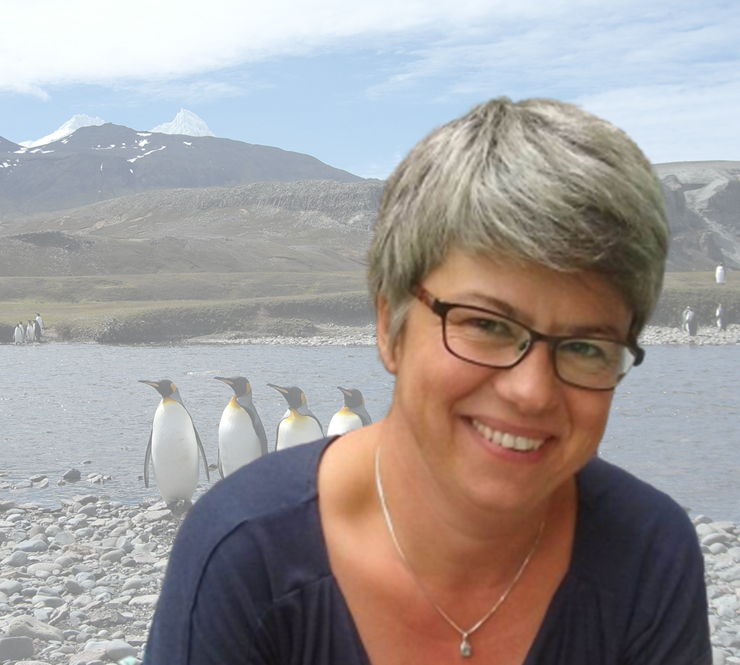Abstract:
Southern Hemisphere mid- to high latitude climate is dominated by the rain-bearing Southern Hemisphere Westerly winds (SHW). Changes in the intensity and position of the wind belt and its impact on the oceanic Antarctic Circumpolar Current, affect both upwelling and uptake of CO2 in the Southern Ocean, the main area on the planet where the deep ocean is connected to the atmosphere. Gaining insight into SHW history requires terrestrial archives, reflecting atmospheric conditions and located on a latitudinal transect covering the modern SHW belt. By exploring peat archives on a latitudinal transect of sub-Antarctic islands in the Indian sector of the Southern Ocean, from Kerguelen Islands (49°S) located in the core of the modern wind belt, over the Crozet archipelago (46°S), to Amsterdam Island (37°S) at its northern edge, a sound SHW reconstruction for the Indian Ocean basin can be obtained. This presentation aims to summarise some previous and ongoing work on Holocene peat records of both Kerguelen and Crozet Islands, together with an outlook, in the context of a close collaboration with the Southern Ocean island team at the BCCR.
Arranged date for the seminar talk: Mar 28, 2022

Short biography:
Between 1995 and 2005 I was a research assistant at the Geography Department, Ghent University, Belgium, working in several applied and fundamental projects. In 2005 I started my PhD research at the Ghent University in a joint PhD agreement (cotutelle) with the Université Aix-Marseille, France, where I spent 2 years at the IMBE (Institut Méditerranéen de Biodiversité et d’Ecologie marine et continentale). I defended my PhD in June 2008. In spring 2010 I obtained a 2-year post-doc position granted from the Swedish Research Council (VR) and moved to the Geology Department, Lund University in Sweden. Further funding from VR (co-applicant) allowed me to become a researcher at the same department from 2012 onward. In the summer of 2017 I started as assistant professor at the Vrije Universiteit Amsterdam, the Netherlands, giving me the opportunity to become much more involved in teaching.
I am a palaeoecologist and physical geographer focussing on past environmental and climate change with a particular expertise in plant macrofossil analysis. I study peat archives, using botanical together with geochemical and –physical proxy-methods, to reconstruct past vegetation and environmental changes for the last glacial-interglacial transition and the Holocene. I have worked extensively on Southern Ocean sub-Antarctic islands.
